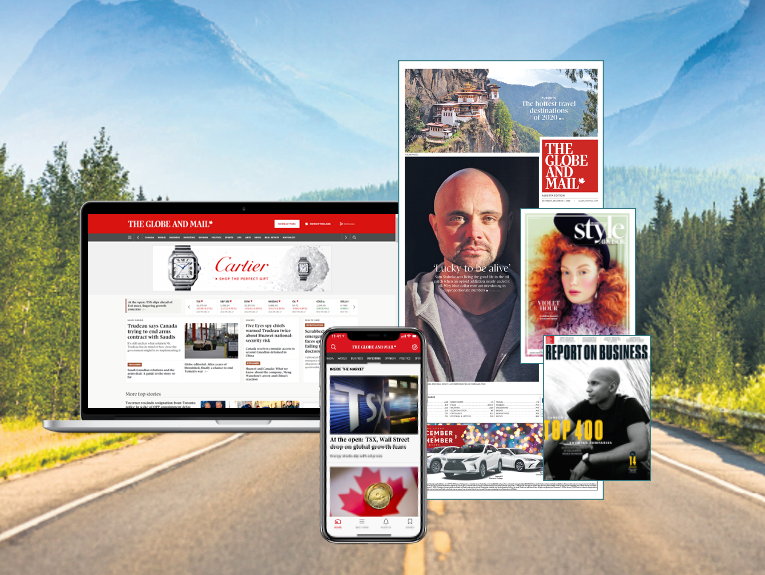The past few years have presented challenges worldwide, and Canada has not been immune to these difficulties. The country has experienced the highest inflation rates in decades, with The Bank of Canada’s steady interest rate hikes since mid-2022 further contributing to financial strain and concern for many. While much-anticipated decreases in interest rates began in June of this year, worries about a looming recession still linger. In light of this climate, we wanted to understand how Globe readers view their personal investments over the past year and their outlook on the future.
To get the complete picture, we asked our Globe Insiders panel about their investment plans for the second half of 2024, their plans to liquidate their portfolios, and whether they work with a financial advisor. Additionally, we explored the sources they rely on to manage their finances. This article will explore how readers make informed decisions and the financial topics they’re focusing on as the year progresses.
Recession worries: it’s all a balancing act
While 61% of Globe readers do not believe Canada is in a recession, nearly half (43%) plan to liquidate some of their investments in 2025. This cautious approach is echoed by the fact that 87% of Globe readers express at least some concern that their investment portfolio would be negatively impacted by a recession, with only 13% reporting no concerns.
Banking on optimism
Despite fears of a potential recession, Globe readers are cautiously optimistic. Overall, plans to invest in the coming year remain high, with 72% of Globe readers planning to invest as much or more as they did in the first half of 2024.
This turn to optimism might be related to overall satisfaction with their financial service providers. At the time of the study, 82% of Globe readers reported satisfaction with the financial service provider managing their investments, primarily investment firms (49%), banks (41%), and credit unions (5%). Most readers (89%) intend to stay with their primary financial service institution over the next twelve months, while only 5% indicated they may switch providers.
Some look for alternatives to high account fees
For the small percentage of readers considering a switch, the top motivation is lower account fees, cited by 55%. Other factors include the desire for better customer service (48%), opportunities for higher returns or better interest rates (25%), a wider range of services and products (23%), and a stronger reputation (23%).
Most readers stick with the pros
Among Globe readers, 63% work with a financial advisor, with 86% expressing satisfaction and only 4% reporting dissatisfaction. Overall, readers find their advisors provide value, with 93% noting the usefulness of their services and most (89%) indicating they don’t have plans to switch advisors within the next twelve months.
Diverse sources, informed choices
Globe readers are also proactive in seeking out financial information from multiple sources. Their top choices are digital newspapers (55%) and websites (49%), followed closely by print newspapers (48%) and their financial institution’s website (47%). Many also rely on online searches (41%), while fewer turn to print magazines (15%), webinars (13%), digital magazines (13%), or television (13%). On average, Globe readers consult 3 to 4 different sources, demonstrating a clear interest in gathering diverse insights before making personal financial decisions.
Readers are most interested in learning more about tax strategies, with 53% seeking guidance on this topic. Other popular areas include retirement benefits (37%), inheritance tax management (36%), Registered Retirement Income Fund Investments (35%), and analysis of Canadian and U.S. stocks and sectors (34%).
Summary
Despite economic uncertainty, Globe readers have maintained a strong sense of optimism. Many are confident in their investment plans for the coming year and satisfied with their financial service providers and advisors. By actively seeking diverse sources of information on key financial topics, Globe readers are equipping themselves to navigate the current economic landscape confidently. Looking ahead, they plan to keep the same investment rate, continue utilizing the advisors and strategies that have proven effective, and expand their knowledge of tax strategies.





